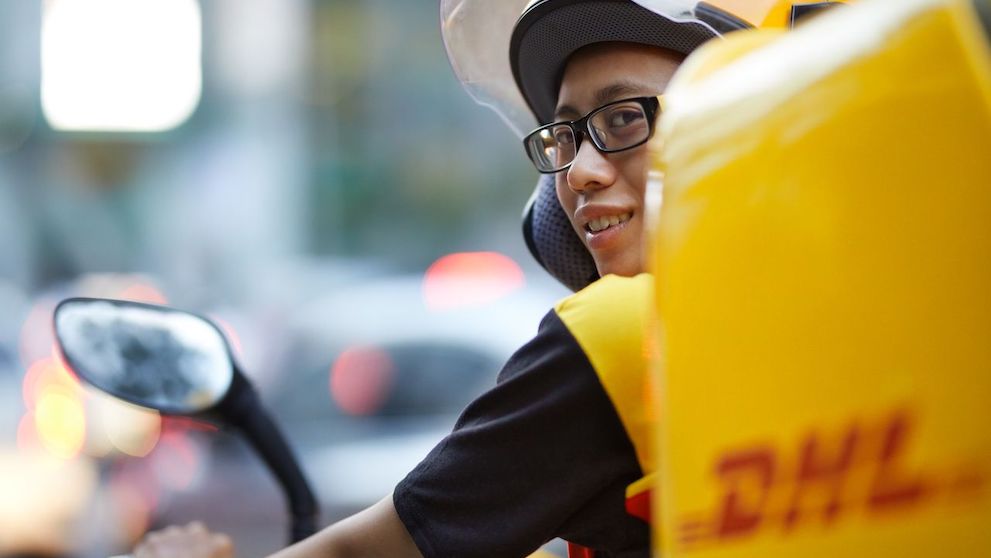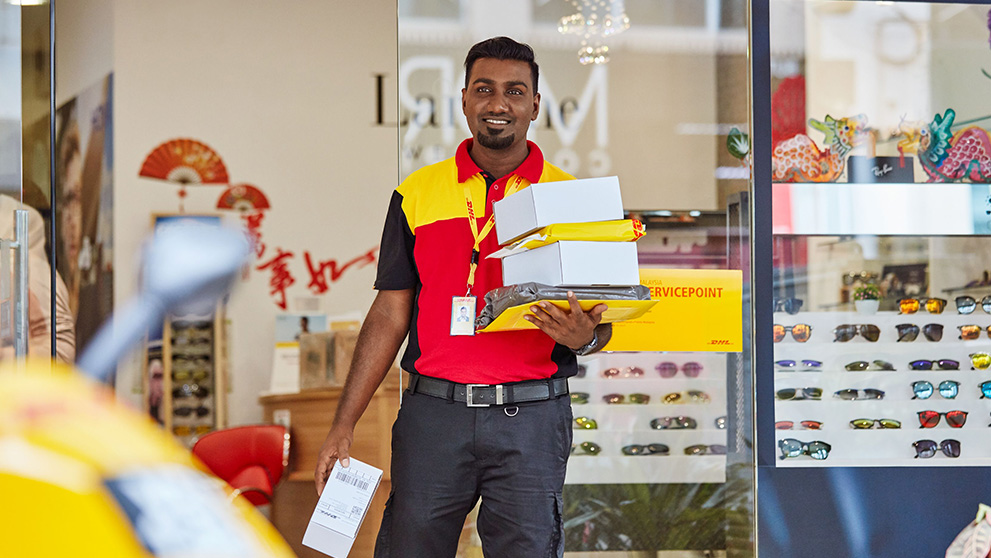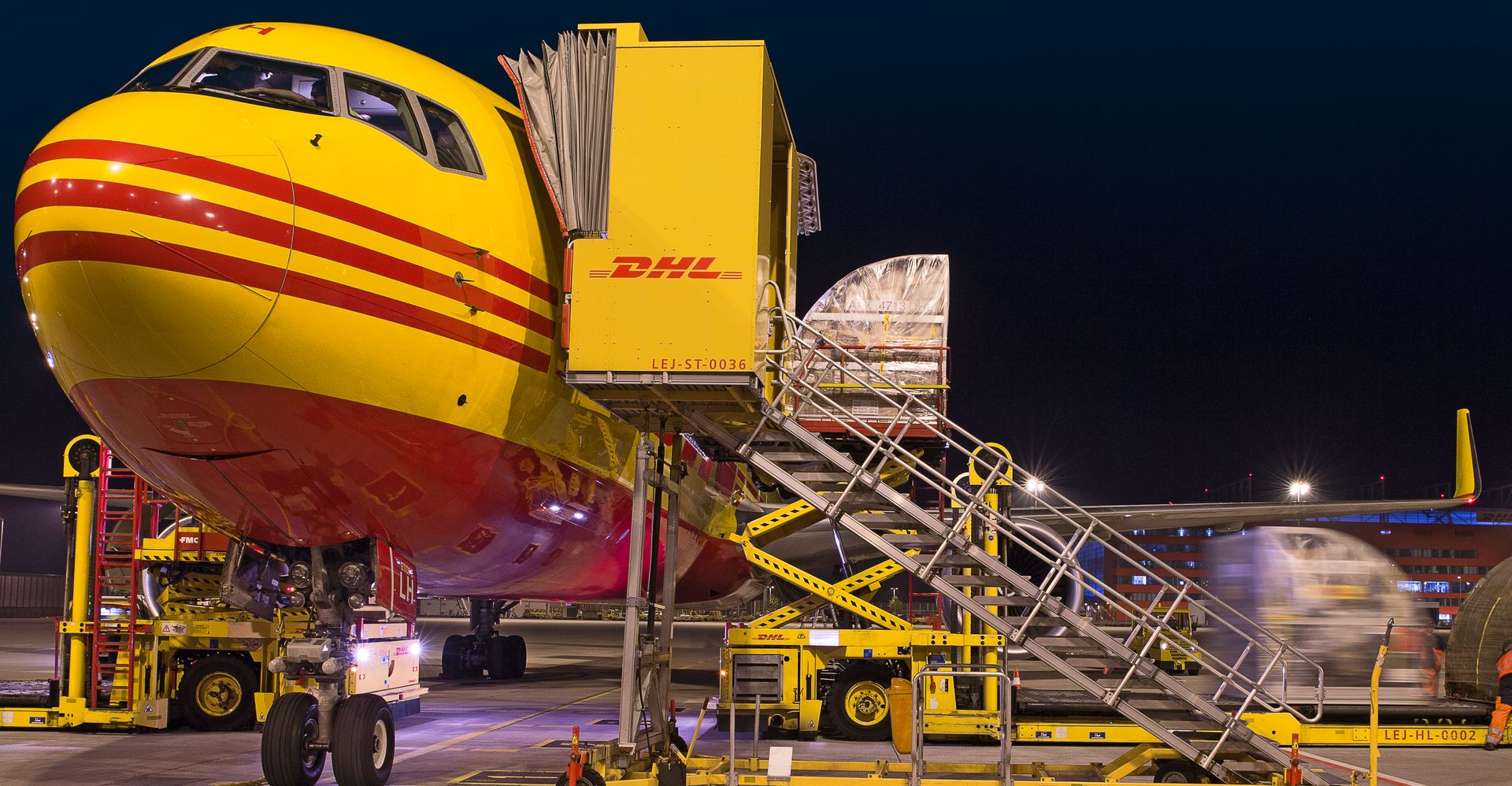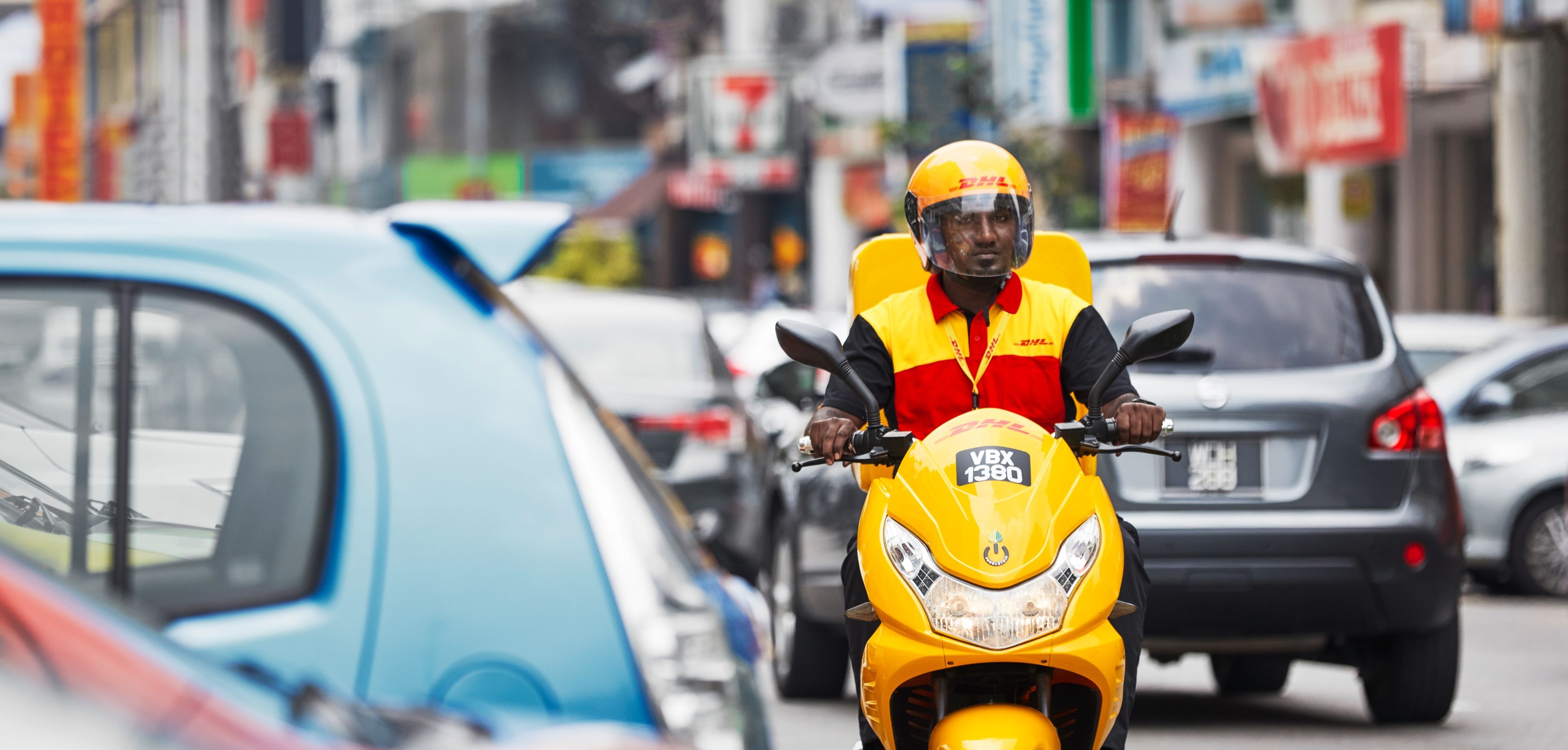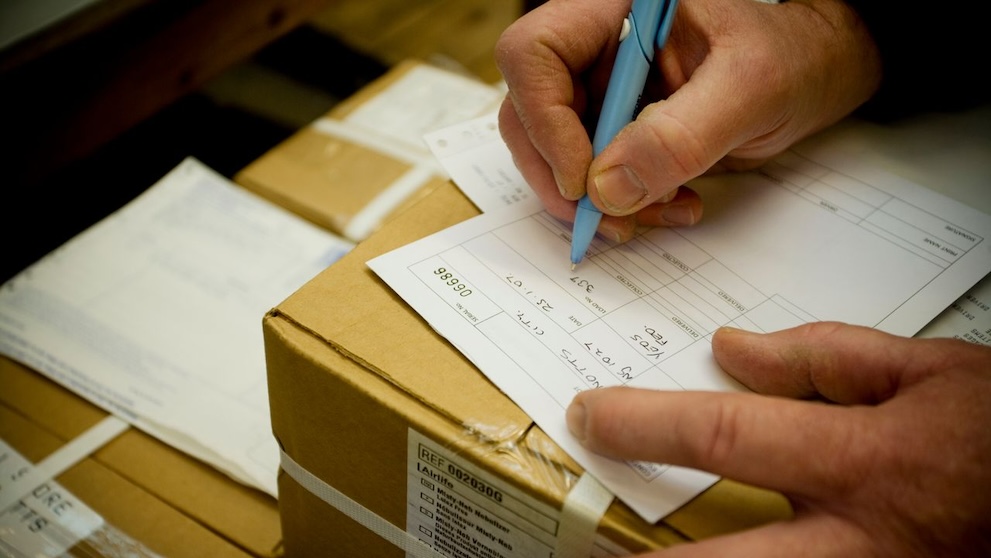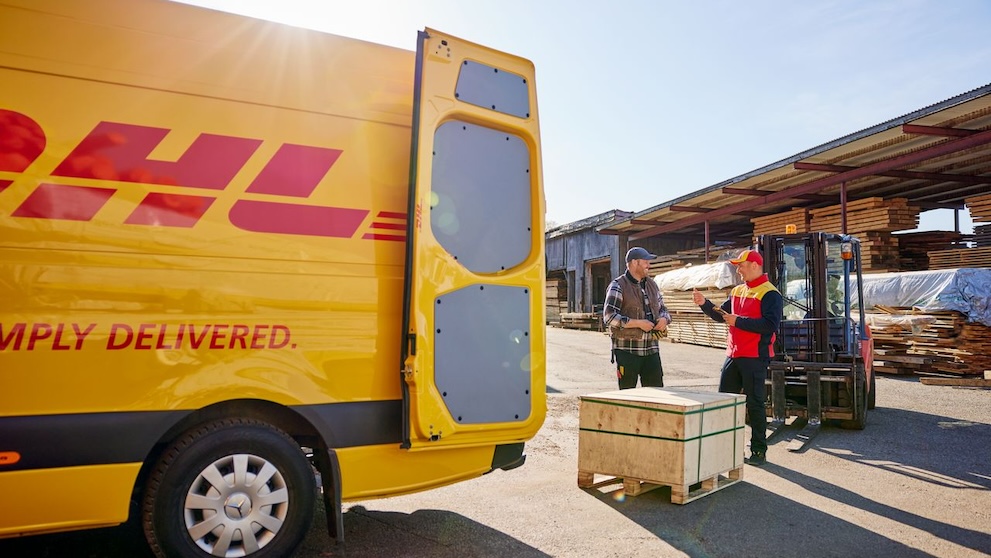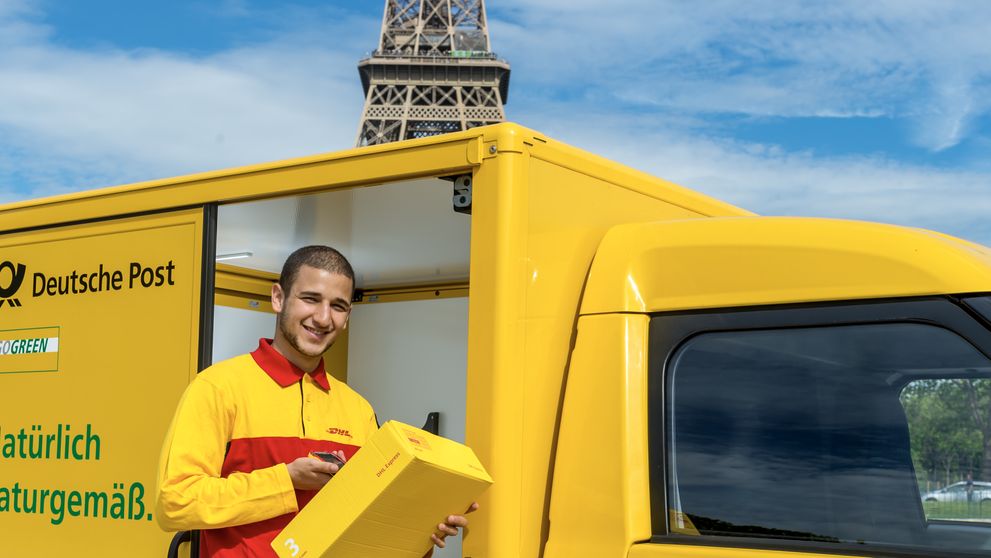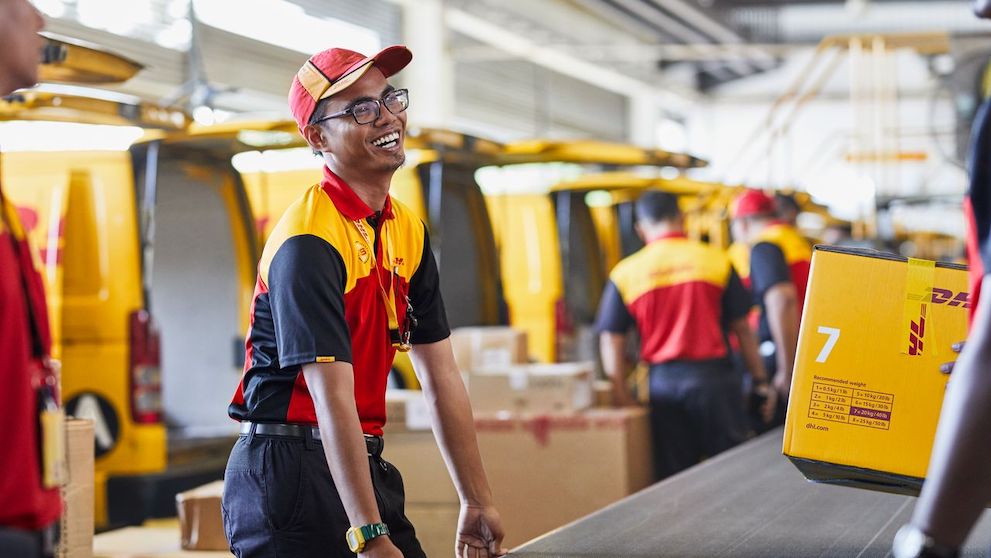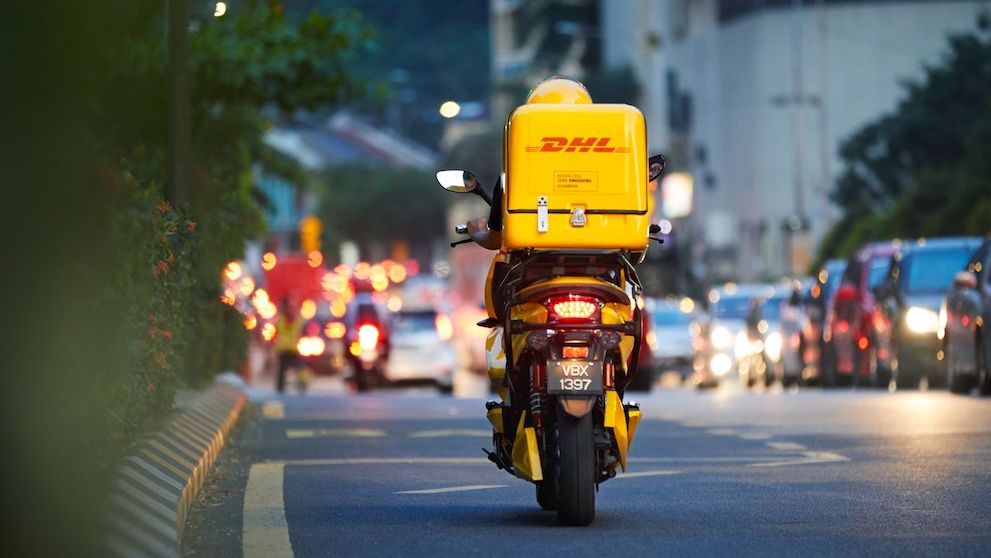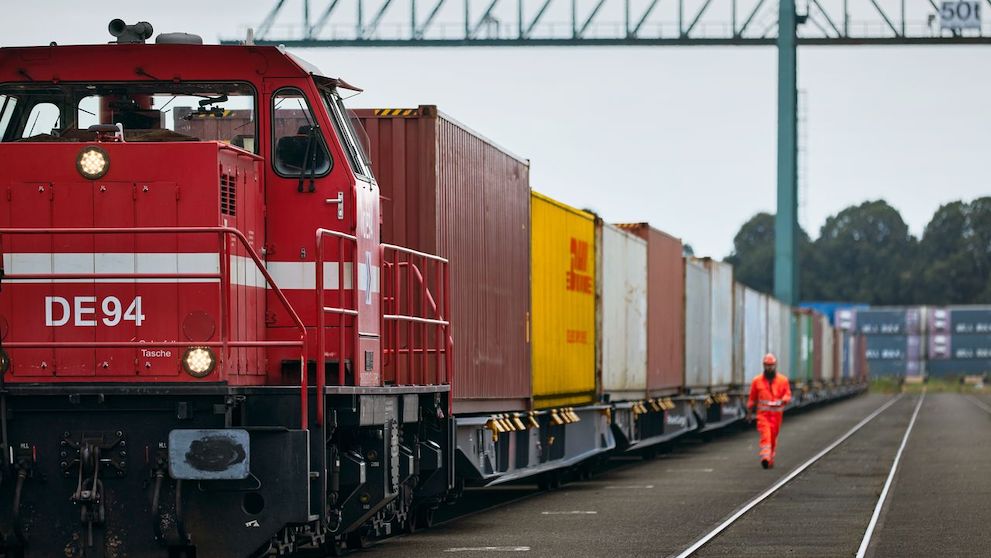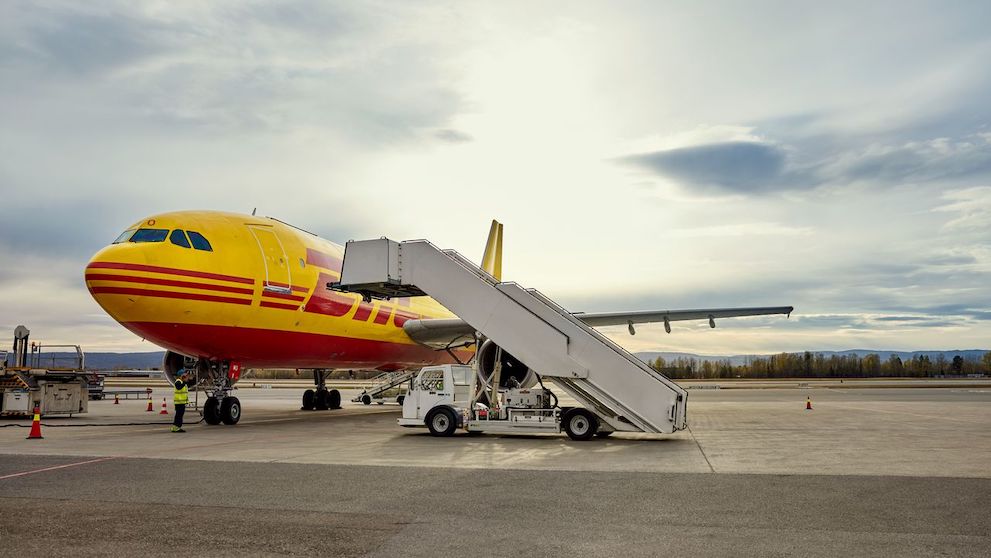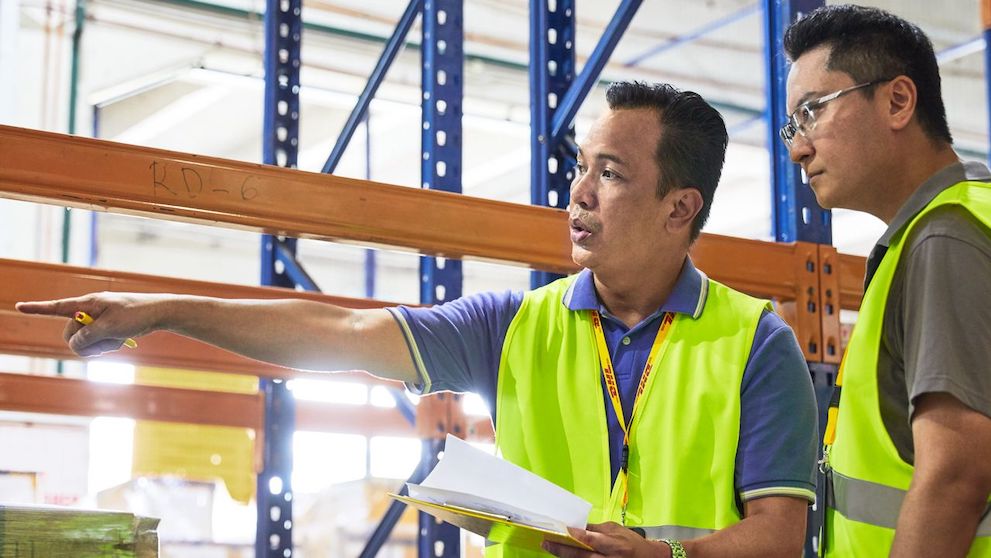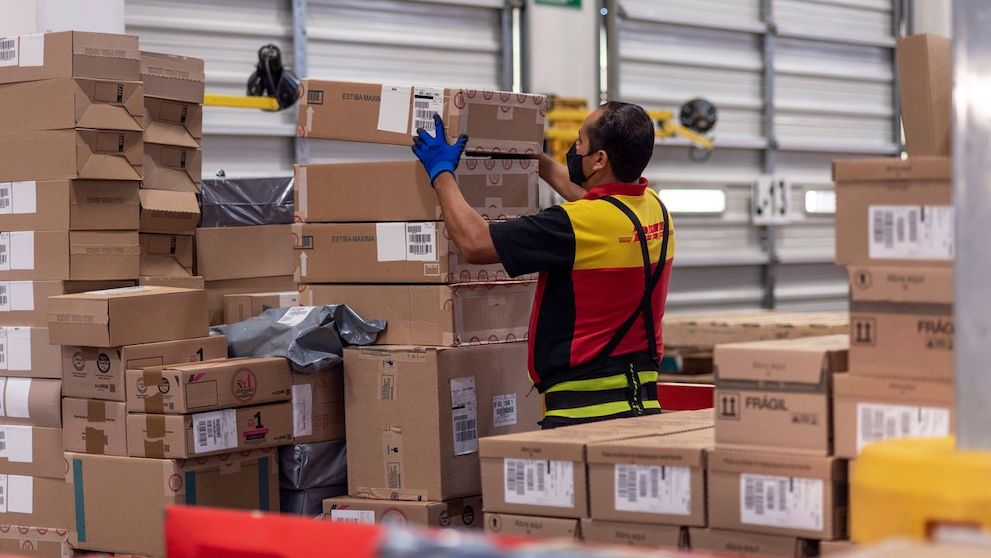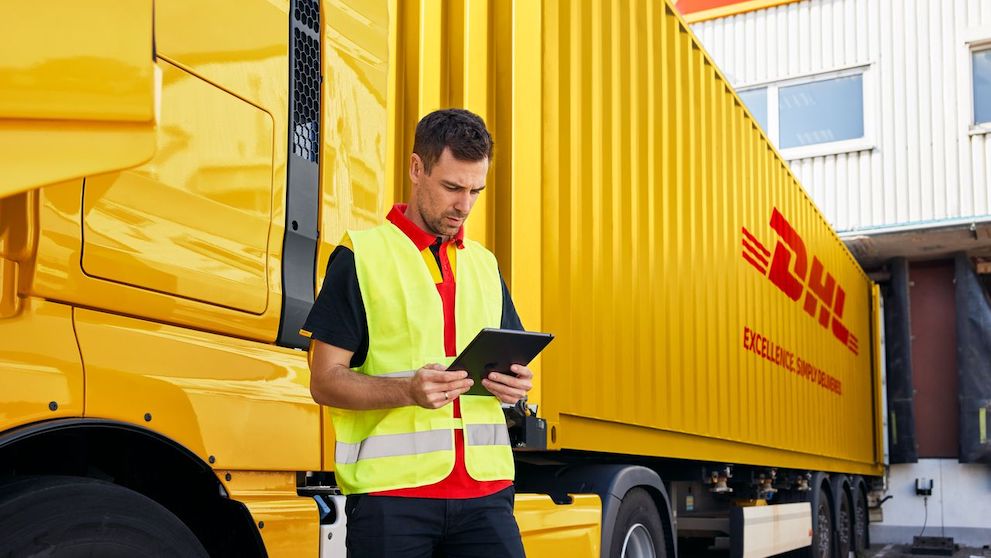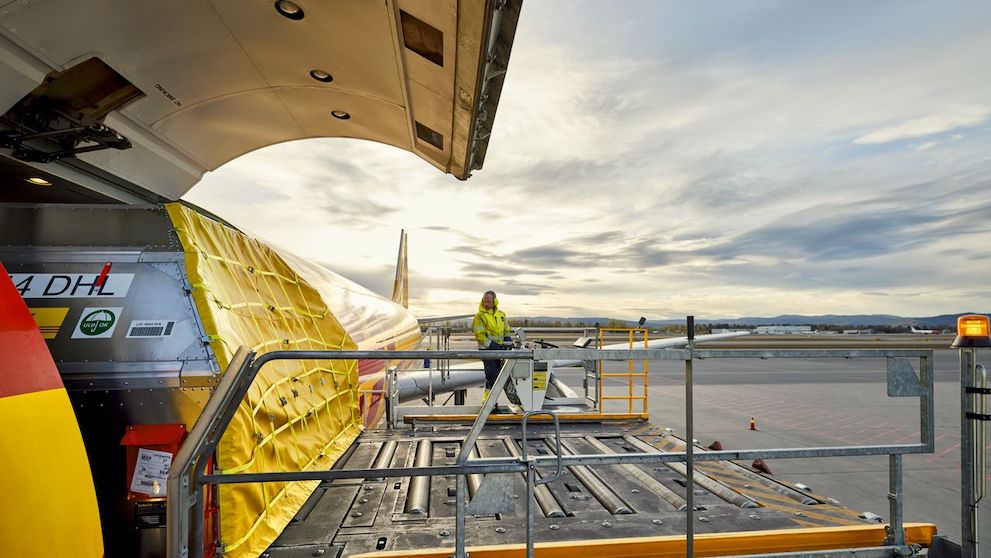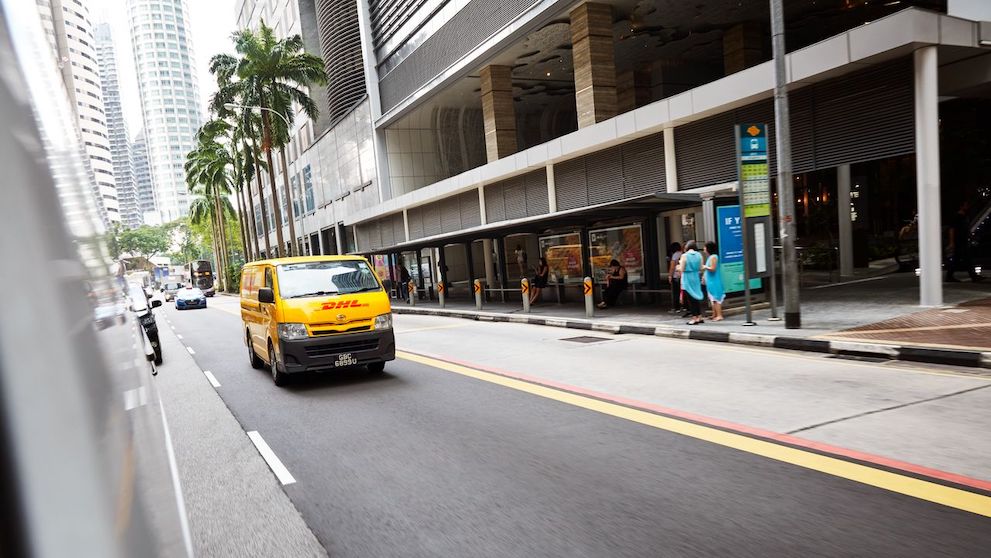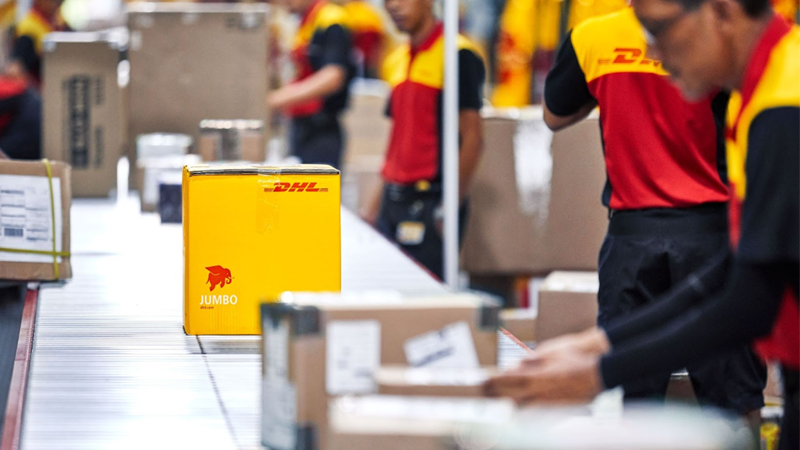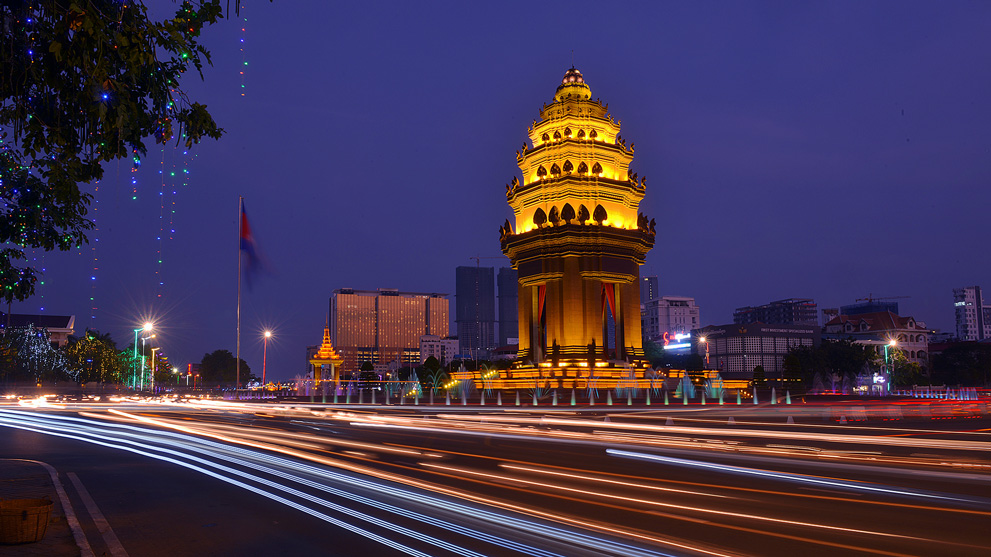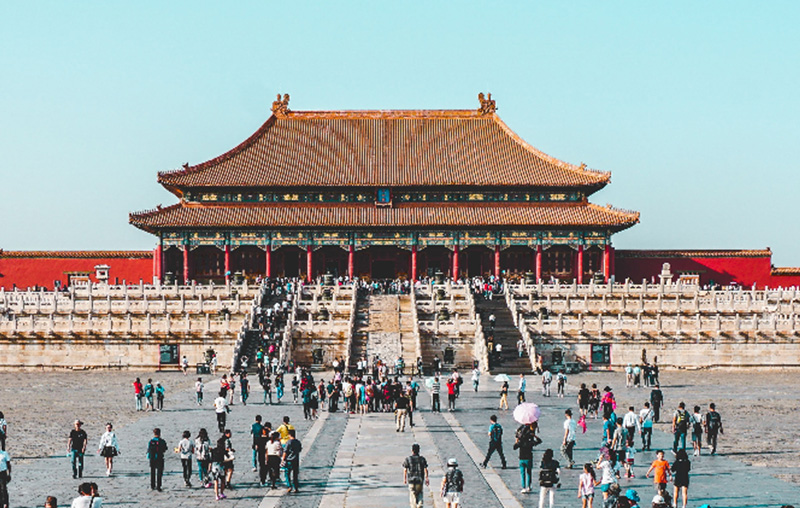Taiwan is Asia’s seventh-largest economy and is the only Asian Tiger among three others, to rank first in the APAC region for showing a positive GDP growth rate in 2020. Its growing wealth continues to fuel the demand for foreign imports leading to further growth. According to a report published by the Trading Economics, the Taiwan economy expanding 3.05% year-on-year in the second quarter of 2022, it is advantageous for businesses in Singapore to expand into the Taiwan market. Leveraging the positive trade links between the two countries, businesses in Singapore can target Taiwanese consumers and send parcels or ship goods to them. Furthermore, Taiwan is also advocating free-trade agreements with many countries including Singapore.
As such, this article aims to cover the Taiwanese import duties and regulations pertaining to the shipping of products from Singapore to Taiwan – ultimately helping businesses plan their logistics procedures for expanding internationally.
Taiwan’s customs taxes and regulations
All goods imported into the country are subject to Taiwan’s customs tariff based on their tariff code and 5% of Value Added Tax (VAT). However, the restricted items listed above may require additional duties and permits.
Different categories of imported goods to Taiwan have very specific rules, guidelines and documents to be presented for customs clearance and should be researched. For instance, there are some restricted goods listed under Taiwan’s strict customs restrictions that can be imported into the country. These include removal goods, antiques, motor vehicles, wine and alcohol under five litres, dogs and cats, birds, wooden packaging materials and lastly, certain articles made in the People’s Republic of China.
Based on the above mentioned, there is also a list of prohibited items that businesses are forbidden to send to Taiwan. Some of them are:
Counterfeit coins, security notes, and tools pertaining to forging currencies
Live wildlife or protected wildlife products
Weapons and firearms, toy guns and ornamental swords
Articles that infringe copyrights
However, some of these restricted items can be circumvented into the country with government-approved licences and permits. Hence, it is crucial to remember not to send these prohibited items to Taiwan without doing the necessary research on the proper procedures to import them through Taiwan’s customs, as you may end up incurring a fine on the receiving party of the goods mentioned.
Here’s a list of regulations businesses have to adhere to when shipping goods from Singapore to Taiwan:
Diplomatic mail
- If the shipment’s content is non-document or a piece of its weight exceeds 70 kilograms, then the shipment must be sent as Worldwide Parcel Express (WPX) with supporting documents.
Alcohol
The consignee should possess a licence of wine and tobacco if the shipment is over five litres. However, the shipper must ensure that the shipment is carefully packed to prevent spillage and damage of containers.
A delay of two to three days is expected and goods will only be released upon presenting a 'certificate of age and origin for Scotch whisky' issued by the customs of the United Kingdom and Northern Ireland.
Note: Mentioning the alcohol concentration is mandatory.
There is also a strict requirement when it comes to shipping liquid internationally.
Animal products
For unprocessed animal products, an original quarantine certificate from the country of origin is required. A label is also required on the outside of the package to state that it’s an animal product. To apply for the application for import licence, a delay of one to two days is expected.
- Food for dogs or cats containing any animal ingredients are considered prohibited items by the Taiwan customs.
Eyeglasses & contact lenses
Import licence or a permit application is required to ship eyeglasses and contact lenses. A minimum delay of one to three days can be expected.
- Eyeglasses and contact lenses made in China are considered prohibited items by the Taiwan customs.
Drugs in pharmacy with or without prescription
- An import licence or a permit is required. Expect a minimum delay of one to three days.
Fabrics (including samples and swatches)
Invoice must state the contents, material, colour and measurements such as length and width of the fabrics.
Labels
- The consignee must provide an authorisation letter from the country of production.
Seeds
- To import seeds, an original quarantine certificate from the country of origin is required. If there are plant products, a label should be attached on the outside of the package to say that it’s a plant product.
For the application for import licence, expect a delay of one to two days. Also, there are some prohibited items that cannot be sent to Taiwan, such as quinoa, chia, hemp, and poppy seeds. - All importation of seed products require a prescription set forth in the Table of Commodities, which is subject to legal animal and plant quarantine.
Oil product
- To import oil products, the information of brand name and net weight must be mentioned in the invoice based on the FDA regulations
- In addition, the country of origin certificate is required and is subject to a delay of three to five days.
Food items (including grain)
- The information of brand name and net weight must be mentioned in the invoice based on the FDA regulations.
- If the shipment value exceeds US$1,000 or the weight is greater than six kilograms, then a certificate of legal import inspection shall be required from the consignee. Additionally, mentioning the net weight of each item is mandatory.
- A delay of one to two days is expected for vitamins as they require the approval of the National Health Administration.
- Importation of food or food additives from China is prohibited and will cause customs penalty. Mooncakes made in China are strictly not admissible.
- Like the regulations for the importation of seeds, all food items shall require a prescription set forth in the Table of Commodities, which is subject to legal animal and plant quarantine.
Personal effects
- For unaccompanied personal luggage, documents of Proof of address (POA), copy of passport identification, and arrival stamp pages are required.
- Further, passengers’ flight number, flight date and entry port is also required. The baggage must arrive within six months following the date of passengers’ entry.
- New items and used personal belongings should be declared separately and will require certificates of living abroad when bringing in used personal belongings. Moreover, used personal belongings with a value not exceeding NT$20,000 can be exempted from duty; however duty might incur for the exceeded amount.
- Passengers are required to inform in case they go through the Red Channel (Goods to Declare) counter, upon arrival along with the quantity and main items. If the passengers go through the Green Channel instead of the Red Channel counter, the baggage will then be dealt with through general import procedure and duty will be applied.
- For NCC (National Communication Commission) personal use, an affidavit and product catalogues are required when the quantity of any wireless products are two or less.
Computer component components & parts
- The model number and specification of the model must be included in the invoice based on the BSMI regulations.
- For any equipment or product with wireless transmission function (for example WIFI, Bluetooth, and Infrared, etc.), like mobile phones, laptops, tablets, drones, network devices, etc., the consignee must comply with NCC's (National Communication Commission) requirement and fill an affidavit form for approval.
- Computer units are allowed to be imported by a person or a company, given that the importer has the certificate issued by NCC, and there shall be no limit of quantity for import.
- For import permit requirements, expect a minimum delay of one to three days.
Tobacco & tobacco products
- E-cigarette and their related parts, for example e-liquid, are regulated by the Tobacco Hazards Prevention Act and Pharmaceutical Affairs Act. The mentioned product is forbidden without an advanced import permit.
- Photocopy of the tobacco or an alcohol importer business licence or an approval issued by the Ministry of Finance is required. The mentioned documents are not necessary if the import is for gifts, self-consumption or exhibition and the quantity does not exceed the following:
- Tobacco: 1,000 cigarettes, 125 cigars or five pounds of cut tobacco
- Alcoholic beverages: five litres. Note: An import licence or permit is required with an expected delay of two to three days. Contact the TPE GW before dispatching the shipment.
- Cigarette samples: Original quarantine certificate is required from the country of origin.
Toys & toy guns
- The model number and specification must be included in the invoice based on the BSMI regulations.
- For toys, if the shipment value exceeds US$1,000, then a certificate of legal import for inspection is required. Expect a minimum delay of one to two days.
- For toy guns, the invoice must state the contents, material, colour and measurements (length & width).
Bunker oil sample (for analysis)
- An import licence or permit is required with a minimum delay of one to three days.
Lithium batteries
- The information regarding the model number and specifications must be included on the invoice based on the BSMI regulations.
- If the shipment’s value exceeds US$1,000, a certificate of legal import inspection will be required with an expected delay of one to two days.
- Aircraft operators are increasingly imposing embargos or other restrictions on their acceptance of UN3480, Lithium Ion batteries, which are prepared in accordance with the Packing Instruction 965 sections IA, IB and II.
- For destinations within Asia Pacific, expect an additional transit time of up to three days, depending upon the destination and routing being used.
Learn how to pack and ship lithium ion batteries.
Mobile phones, accessories and component, telecommunication equipment
- The information regarding the brand name and model number must be included on the invoice based on the NCC (National Communication Commission) regulations.
- NCC requirements for equipment or products with wireless transmission functions (e.g. WIFI, Bluetooth and Infrared, etc.), such as mobile phones, laptops, tablets, drones, network devices, etc., include:
- The consignee must comply with NCC's requirement and fill up an Affidavit form for approval.
- Units are allowed to be imported by person or company, only if the importer has the certificate issued by NCC. There will be no limit of quantity for import.
- Expect a delay of one to three days for the requirement of import permit.
Coffee (including samples) and tea
- The information regarding the brand name and net weight must be included on the invoice based on the FDA regulations.
- FDA licence is required for commercial purpose or shipment for individual receivers over six kilograms.
- When shipping tea, a country of origin certificate is required which is subject to a delay of three to five days.
- Unroasted beans and unroasted tea leaves require a quarantine certificate. Additionally, according to Taiwan’s customs restrictions, all tea from China is prohibited and will result in a customs penalty.
- Importation shall be subject to the prescription set forth in the Table of Commodities and is subject to Legal Animal and Plant Quarantine for coffee.
Businesses importing food and beverage items are advised to visit Taiwan’s Food and Drug Administration page for the latest updates. If you are looking to import electronic goods into Taiwan, you can visit the Bureau of Standards, Metrology and Inspection of Taiwan for more information.
Shipping rules for B2B and B2C businesses
Effective from 1st March 2017, importers (B2B and B2C) enjoy duty and tax exemption for de-minimis imports no more than six times within a half-year period. For additional de-minimis shipments, duties and taxes will be levied. However, this is at the discretion of the Taiwan Customs and can be flagged for inspection and levied duties/taxes, thus incurring additional delays and costs to importers.
Customs note:
Based on Taiwan Customs regulations, all import declarations must be applied for clearance within 15 days following the arrival date of the flight. A late fee penalty of NT$200 per day will be levied when the 15-day period has expired.
Failure to apply for declaration to customs within the timeframe will result in:
- The shipment being returned to origin unless the payer/importer confirms to pay the late fee and storage charges OR
- Customs will confiscate the shipment after 35 days of shipment arrival.
Standard Taiwan cell phone format: +886 xxx xxx xxx (9 digital numbers) and the cell phone number holder should be the same as the consignee/recipient. If the individual importer fails to provide a Power of Attorney (POA) prior to the shipment’s import, then it may be returned.
If the shipment’s value is less than or equal to NT$2,000, no duty, tax and fee are applied. However, if the shipment’s value is more than NT$2,000, the consignee must provide a POA, pay duty, tax and fee prior to clearance. Additionally, provide the consignee's GUI (Government Unified Invoices) number to expedite clearance. Expect an additional delay of 0-24 hours.
According to Taiwan’s customs regulations, if the shipment’s value is more than NT$50,000, the consignee must provide a POA, pay duty, tax and fee prior to clearance. Provide the consignee's GUI number to expedite clearance. Do expect an additional delay of 0-48 hours.
The quarantine requirements for WPM (wood packaging material) used in imported commodities has become effective from 1st Jan 2009. Hence, shipments containing wood packaging material must either be heat treated or fumigated in accordance to ISPM 15 guidelines and also be marked with an approved (IPPC) stamp certifying treatment.
